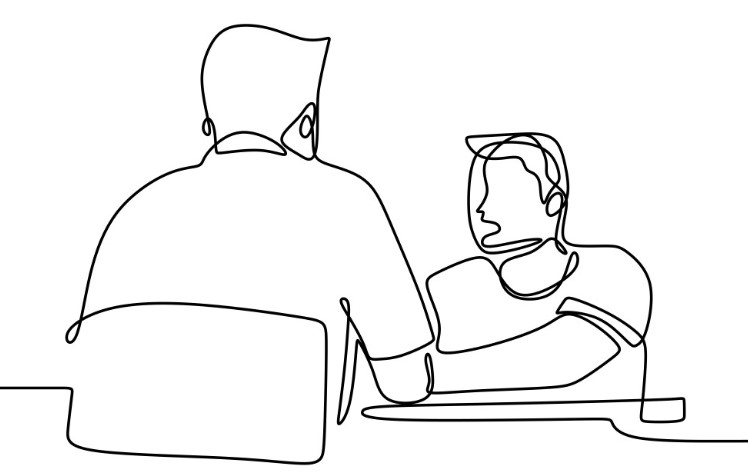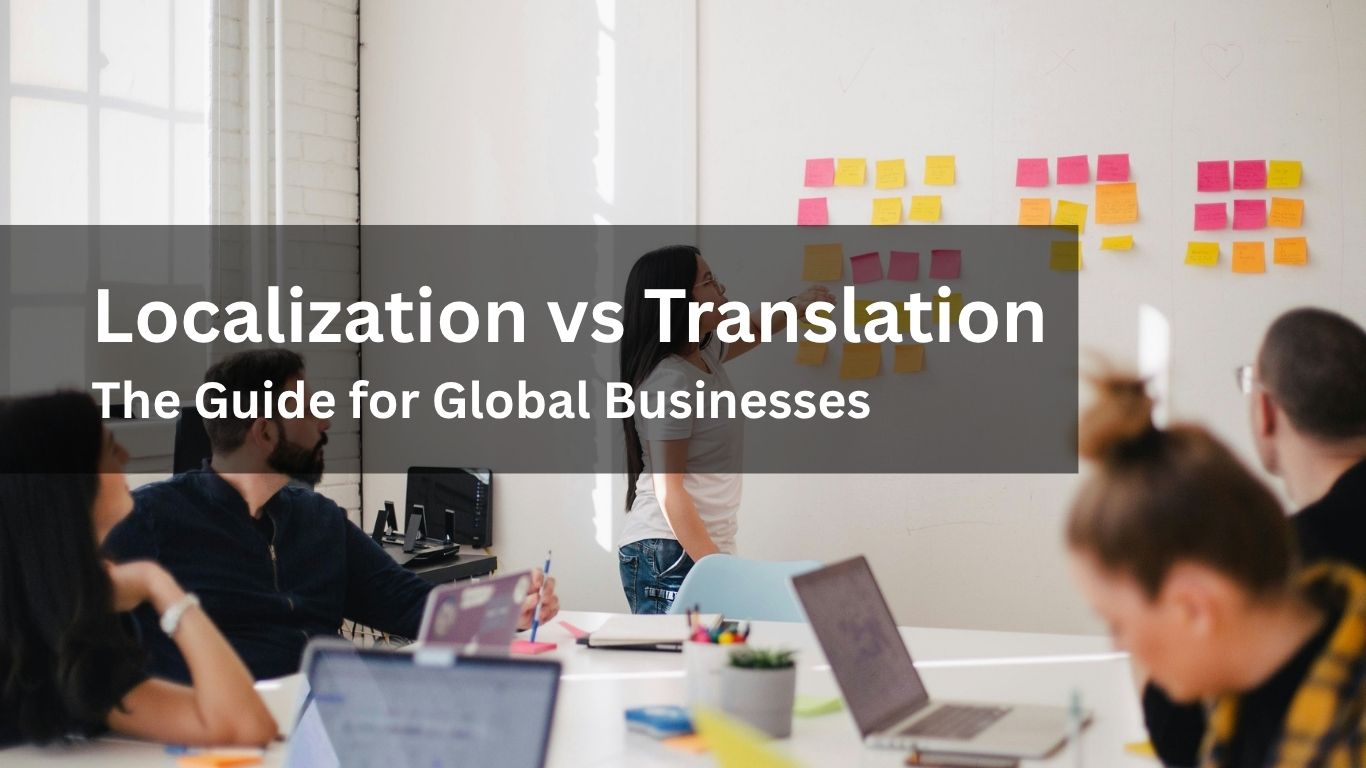Localization vs Translation: The Complete Guide for Global Businesses
As companies go global, they face a critical question: “Do we need translation or localization?” While they may seem similar, the difference between translation and localization is significant—and knowing when to use each can help businesses connect with international customers, ensure regulatory compliance, and boost ROI.
What is Translation?
Translation is the process of converting written or spoken content from one language to another, while maintaining the original meaning and tone. It is primarily language-based and focuses on linguistic equivalence.
Common Use Cases for Translation Services:
-
Legal and compliance documents
-
Academic certificates and transcripts
-
Immigration documentation
-
Medical and healthcare reports
-
Technical manuals and safety guides
-
Business contracts and financial reports
Benefits of Professional Translation:
-
Certified Accuracy
-
Regulatory Compliance
-
Quick Turnaround
-
Cost-Effective for Standard Texts
-
Industry-Specific Terminology Handling
Example: Translating a patent application from German to English using industry-specific legal terminology.
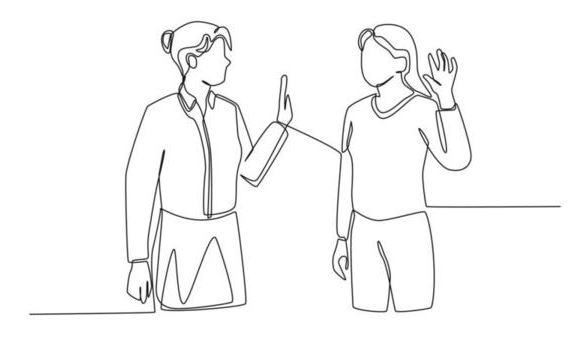
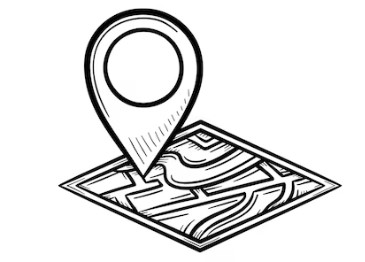
What is Localization?
Localization is a comprehensive adaptation process that modifies not just language but also visuals, user experience, cultural nuances, date formats, currency, and legal context—making your content truly market-ready for a specific locale.
Where is Localization Used?
-
Website translation and localization
-
Mobile app localization
-
Software interface localization
-
Game localization
-
E-learning content adaptation
-
Global marketing campaigns
-
Multimedia localization (subtitles, voice-over)
Key Benefits of Localization:
-
Enhanced User Engagement
-
Improved UX and UI Compatibility
-
Higher Conversion Rates
-
SEO for Local Search Engines
-
Strong Brand Perception in Local Markets
Example: Localizing a U.S. e-commerce website for Japan by changing the language, layout, product categories, images, pricing, and payment gateway.
Localization vs Translation: Key Differences That Matter
| Criteria | Translation | Localization |
|---|---|---|
| Definition | Language conversion | Cultural and functional adaptation |
| Scope | Words and sentences | Content, design, UX, media |
| Use Case | Legal, academic, medical docs | Apps, websites, games, marketing |
| Outcome | Accurate text | Native-like user experience |
| Tools Used | CAT tools, Glossaries | Localization platforms, UX tools |
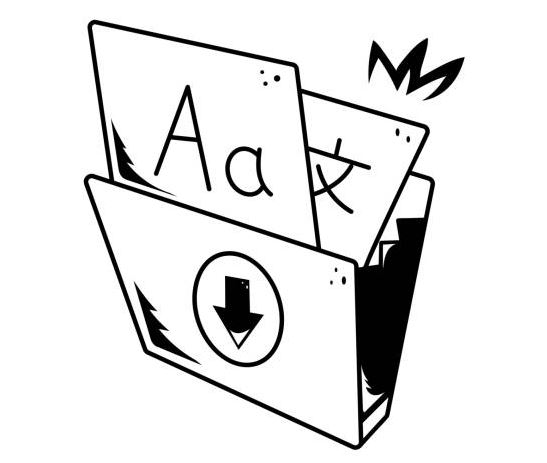
Transcreation – The Creative Localization Twin
In global marketing, transcreation—a blend of translation and creation—is used to adapt slogans, brand messages, and ad campaigns for a new culture.
-
More emotional than translation
-
More creative than localization
For instance, Coca-Cola’s “Open Happiness” becomes localized into emotionally resonant phrases in different regions to retain cultural relatability.
Why Businesses Need Both Translation and Localization ?
Choosing between translation and localization services isn’t always a binary decision. Many organizations need a combined approach to succeed globally.
Benefits of Combining Translation & Localization:
-
Consistent Global Brand Voice
-
Market-Relevant Messaging
-
Improved SEO across Languages
-
Faster Market Penetration
-
Multilingual Digital Marketing Success
Translation helps meet formal or legal requirements.Localization drives user adoption, customer satisfaction, and engagement.

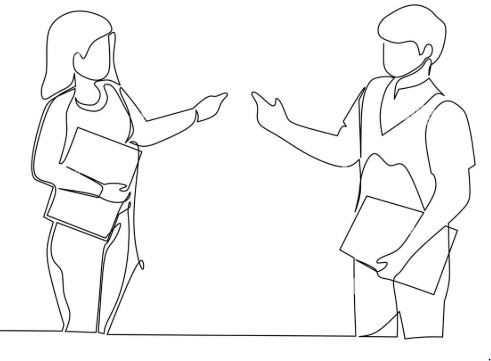
Translation vs Localization in Action
Use Case 1: Translation for Medical Device Compliance
A medical device manufacturer translates its instruction manual and regulatory documents into French and German for European Union certification.
Use Case 2: Localization for SaaS User Experience
A SaaS company localizes its entire software dashboard, payment options, customer support content, and onboarding tutorials for Spanish-speaking users in Latin America.
Use Case 3: Multilingual SEO Localization
A digital marketing agency localizes blog posts, metadata, and alt texts for different regions, boosting local search engine rankings and traffic.
Why Localization Matters for Search Engines ?
Search engines reward content that resonates locally. Website localization helps:
-
Improve search engine visibility in local languages
-
Boost CTR and dwell time
-
Rank higher in region-specific searches
-
Reduce bounce rate with relevant user experience


How Quadrate Delivers Powerful Translation and Localization Solutions ?
At Quadrate, we don’t just convert words—we bridge cultures. Our certified translators and localization engineers specialize in:
Website and app localization services
Multilingual content development
Regulatory document translation
Transcreation and brand adaptation
Cultural consulting and UX localization
Our expert team ensures your global content strategy is optimized for every region, every device, and every customer touchpoint.
We Serve with Translation and Localization for :
